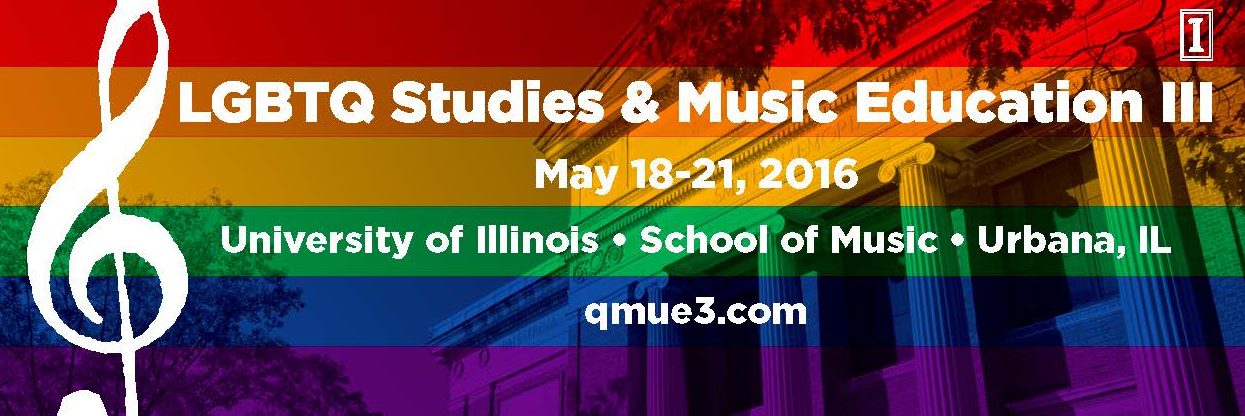Danielle Steele
Earlham College
Title:
Vocal and Social Integration of Transgender Students into Their Preferred-Gender Ensemble: A Qualitative Study of Two Transgender Students
Abstract:
This qualitative pilot study assessed the vocal and social challenges faced by two college-age, transgender students in the early stages of transitioning while integrating into their preferred-gender choral ensemble. Subjects sang their preferred voice part
and functioned as their preferred gender socially within the ensembles. The subjects were members of the choral program at the institution where the researcher is employed. The method of data collection included observation of subjects in their respective
choral ensembles, one-on-one interviews, and voice lessons which were conducted bi-weekly for a period of 12 weeks. After each choral rehearsal, subjects were asked to complete a questionnaire assessing their progress on specific vocal issues identified as
unique to transgender singers in the early stages of transition. To ensure reliability, the progress of both students was evaluated by a fellow conductor from the same institution. Lessons included speech therapy exercises as well as vocalises designed to
assist with challenges specific to transgender singers. Speech and vocal exercises were intended to give the subjects greater control of their instrument, contributing to a vocally-healthy experience while allowing the each subject to develop the vocal quality
and timbre which more closely resembles their respective gender identity. Although the exercises were moderately effective, the main benefit of these exercises was emotional and social. From a technical perspective, vocal contribution to the ensembles was
minimal and vocal stability was unreliable. A rigorous and consistent regimen of vocal therapy is recommended as a part of the vocal training of any transgender person who also wishes to successfully and healthily explore their singing voice. As there are
currently no resources for choral conductors and voice teachers who wish to assist transgender singers, significantly more research is needed in this area.

Leave a Reply
You must be logged in to post a comment.